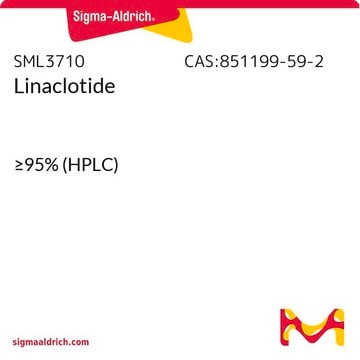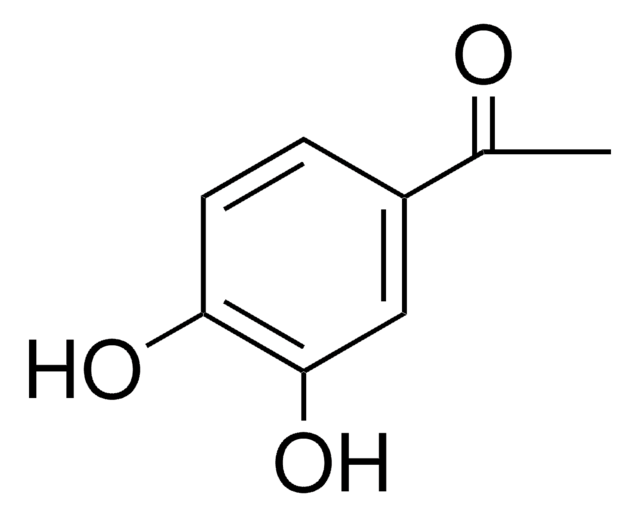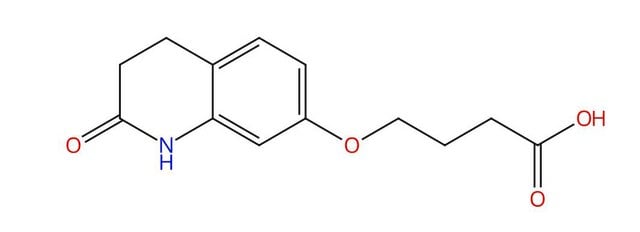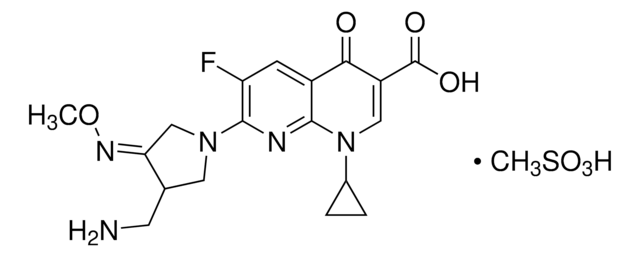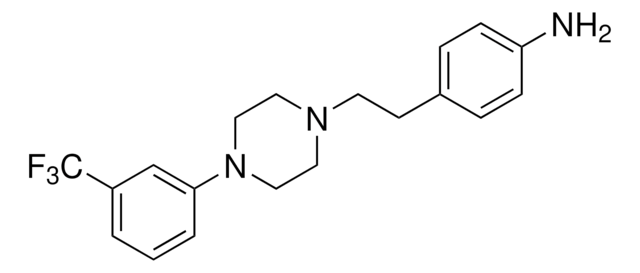S1438
Sulindac sulfone
≥94% (HPLC), (solid or powder)
Synonym(s):
(Z)-5-Fluoro-2-methyl-1-[p-(methylsulfonyl)benzylidene]indene-3-acetic acid
About This Item
Recommended Products
Quality Level
Assay
≥94% (HPLC)
form
(solid or powder)
color
, Light Yellow to Dark Yellow
solubility
DMSO: >25 mg/mL
ethanol: 3 mg/mL (warm)
acetone: 5 mg (plus 0.1 ml)
originator
Merck & Co., Inc., Kenilworth, NJ, U.S.
SMILES string
CC1=C(CC(O)=O)c2cc(F)ccc2\C1=C\c3ccc(cc3)S(C)(=O)=O
InChI
1S/C20H17FO4S/c1-12-17(9-13-3-6-15(7-4-13)26(2,24)25)16-8-5-14(21)10-19(16)18(12)11-20(22)23/h3-10H,11H2,1-2H3,(H,22,23)/b17-9+
InChI key
MVGSNCBCUWPVDA-RQZCQDPDSA-N
Application
Biochem/physiol Actions
Features and Benefits
Preparation Note
Storage Class Code
11 - Combustible Solids
WGK
WGK 3
Flash Point(F)
Not applicable
Flash Point(C)
Not applicable
Personal Protective Equipment
Choose from one of the most recent versions:
Already Own This Product?
Find documentation for the products that you have recently purchased in the Document Library.
Articles
Discover Bioactive Small Molecules for Lipid Signaling Research
Discover Bioactive Small Molecules for Lipid Signaling Research
Discover Bioactive Small Molecules for Lipid Signaling Research
Discover Bioactive Small Molecules for Lipid Signaling Research
Our team of scientists has experience in all areas of research including Life Science, Material Science, Chemical Synthesis, Chromatography, Analytical and many others.
Contact Technical Service